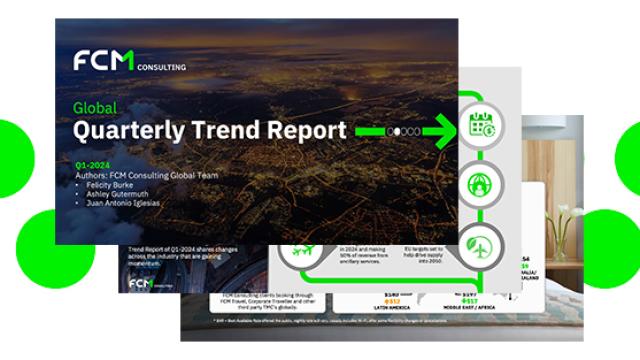Traveller safety in the Oil & Gas Industry

It’s no secret that travel in the oil and gas industry is riskier than in many other sectors. With unique locations, time constraints, and plenty of last-minute changes; it’s important to have a travel risk strategy in place that keeps your travellers safe while they’re on the rig, or visiting an office or client. Using a travel partner that knows the importance of keeping your crew safe is crucial.
Here are some of the ways your travel management company (TMC) can support risk management.
1. Bookings and changes in one place
Not only will a travel partner have visibility of all your travel bookings, but they will track all the changes and requests made too. Whether the booking is made over the phone, over email, or through an online tool, the bookings and changes will be captured in one central place, for when you need to pull a report or check your budget.
2. Your approvals flow
Like other energy firms, you may require a level of approval before a trip is booked. Your TMC can advise the best strategy and tools to fit your requirements and have those processes embedded into the offline and online booking streams.
3. High-risk location support
Your travel partner can:
- Provide pre-trip information for travellers so they know protocols and restrictions.
- Share up-to-date and accurate safety and risk information.
- Organise services such as Meet and Greet at the airport, or immigration fast-track.
- Enable check-ins and tracking so you know where travellers are (more on that below).
4. Traveller tracking
Knowing where your travellers are is vital, not just in case of emergencies but to ensure projects run on time. Traveller tracking takes booking information and puts them into dashboards so you know who is flying in/out and who is on-site. For another layer of protection, you can enable communication flows and check-in SMS messages, so you know for sure from the traveller themselves.
5.In-person support 24/7/365
No matter where a traveller is and what time of day, they need to know they have someone to call. An experienced after-hours/emergency support team is important so travellers can make changes to their itinerary at any time.
6. Evacuation support
Evacuation support is essential if there is an incident that affects a trip, such as protests, airport closures, terror attacks, or weather-related events. Your TMC’s team needs to be ready to put emergency plans into action should anything happen, including monitoring border closures, knowing entry requirements, and doing all they can to get your team home.



